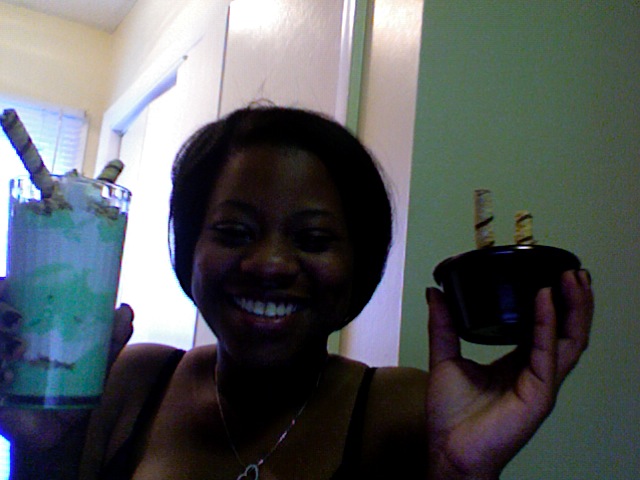Currently most college students are around the ages of nineteen to twenty-two and they are coming to grips with the fact that responsibility is upon them. Personally with having to work full-time while completing school full-time I am an expert on realizing one’s responsibility. When you recognize that you have responsibilities, time becomes very precious.
“A tale begun in other days,
When summer suns were glowing
A simple chime, that served to time
The rhythm of our rowing” (Line 13-16)
I remember my first summer that I realized that I could no longer sit and spend the whole summer days watching television or swimming spending my allowance carelessly. Lewis Carroll represents this same idea of the innocence of a child in his poem “Through the Looking Glass”.
“Child of the pure and unclouded brow
And threw dreaming eyes of wonder!
Though time be fleet, and I and thou
Are half a life asunder,
Thy loving smile will surely hail
The love-gift of a fairy-tale.” (Line 1-6)
I believe that Carroll based this poem from a longing for his own childhood and the feeling of innocence. He makes a comparison to himself and the child, however he states that their lives are half gone. Carroll is correct, your outlook of the world is clouded when you have no experience and you are a child. However, it seems that life is also more enjoyable at the time with the innocence of a child. Like myself, Carroll is envious of his childhood. I find it indulging that he refers to fairy tales as a love gift because children have such a vivid imaginations and they are able to see things and interpret stories in ways that adults are not able to because their judgments are crowded by logic.
Subscribe to:
Post Comments (Atom)

Simone,
ReplyDeleteInteresting exploration of this poem by Carroll (although I don't recall assigning it). Interesting and insightful connections between the poem and the experiences of a college student. Some problems with wording (your use of "indulging" for instance) make it a little hard to understand your points, though.